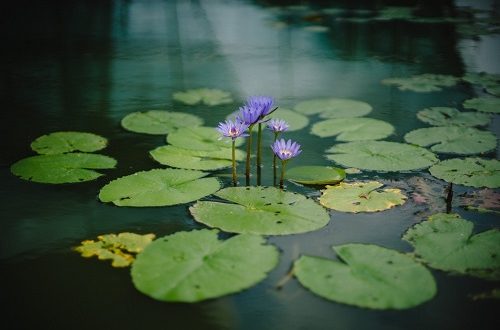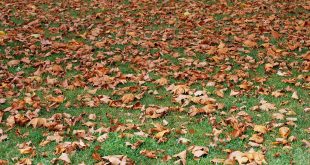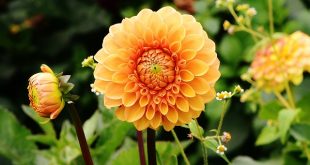Contribution by freelance writer Sally Writes.
It may come as a surprise that just under 100,000 people land up in hospital every year due to gardening hazards. There are a variety of reasons for these incidents and some of them range from the bizarre while others are avoidable. Before planting those beautiful red berries or adding a new water feature, it’s important to remember how it may potentially pose a threat to visitors, grandchildren, or even staff.
Avoiding the Killer Plants
There is the odd occasion where even seasoned gardeners get caught in the trap of a poisonous foe in the garden. Plants such as Deadly Nightshade and Monkshood are notorious for causing bad reactions and in severe cases, even death. It’s advisable to go through the garden regularly and identify all plant species to avoid mishaps. This is especially true for those who are expecting grandchildren to come over, as the Cuckoo Pint and English Yew are favourites among children due to their resemblance to berries. These can cause severe physical trauma and even death.
Water Safety Around the Pool
Avoiding drowning should always be the first safety concern around the pool, which is why the implementation of swimming pool rules is important. These rules need to be adhered to strictly in order to assure the safety of everyone, even those who are considered proficient swimmers. Those who happen to have a near miss at the swimming pool should still be taken in for observation, as the risk of secondary drowning is always prevalent. This happens when there is still water in the lungs after being saved, which could cause complications later.
Ponds and Water Feature Cleaning and Maintenance
The murky green waters of an unkept pond or water feature pose more than just a drowning threat. Blue-green algae might not be a regular occurrence in all parts of the world, but when it does, it poses a threat to wildlife and even domestic pets. It’s important to monitor the symptoms of pets and when nausea, diarrhea, disorientation, and more are observed, immediate medical attention may prevent loss of life. This type of algae is especially common in ponds and waterways so a trip to the park should also be carefully monitored. Regular maintenance and a fresh source of water will prevent the algae from taking root.
Employing the services of a professional gardener or even taking up a class in basic horticulture will allow homeowners to easily identify any natural disasters. Adding additional features to a garden should always be done with careful consideration to those who may frequent the garden such as the household, guests, and staff.
 Gardeners Club The Gardeners Club is a free to join online club for everyone with an interest in gardening and gardens.
Gardeners Club The Gardeners Club is a free to join online club for everyone with an interest in gardening and gardens.






